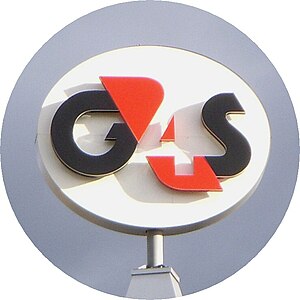| Image via Wikipedia |
By Dan Littauer and Sami Hamwi
As the British Prime Minister David Cameron visits Saudia Arabia, activists report plight of a man arrested by the religious police who may face corporal punishment.
Activists are concerned for the safety of a 30-year-old man arrested by the religious police in Saudi Arabia for using Facebook to date other men. The man, whose exact identity is not known, was arrested on 23 December (2011) but full details of the incident are only now becoming clear after a detailed investigation by Gay Middle East. Experts warn he may face blackmail and/or corporal punishment.
He is being held in custody in the Dammam Police Department [on Gulf coast] awaiting the Dammam’s General Attorney office for prosecution. The case has been reported to Amnesty International, while Facebook declined to comment.
The report by Sabaq electronic journal mentions that a Saudi citizen reported an unnamed 30-year old man to the religious police in Saudi Arabia, known as the Committee for the Propagation of Virtue and the Prevention of Vice, which proceeded to apprehend the man who finally confessed that “the Facebook profile is his and that he had been using it for obscenity acts with other men”.
Kingdom of Saudi Arabia (KSA) law is not strictly codified and its implementation, in either a lenient or severe manner, depends mostly on religious Sunni judges and scholars, as well as royal decrees (and thus subject to extreme variability). Generally speaking punishments for homosexuality range from imprisonment and/or flogging to the death penalty. Conviction and severity of punishments depends on the social class, religion and citizenship of the accused, whereby non-western migrant workers receive usually harsher treatment than upper class Saudi citizens.
Sami Hamwi, Syria Editor of Gay Middle East, and former Saudi resident explains:
“Native born Saudi citizens who are Suni or from the Bedouin tribes in the country are often let off, while punishment are severely executed against minorities like Shiites and or newly naturalised citizens. Punishments regarding homosexuality are also held against expatriates working in Saudi Arabia, especially those coming from Asian, African and Arab countries. Dammam is a largely Shiite area and if the 30 year old aforementioned man is a Shiite, he is likely to be trialed and sentenced harshly.”A British Foreign and Commonwealth spokesperson told Gay Middle East:



































 Join our page
Join our page

